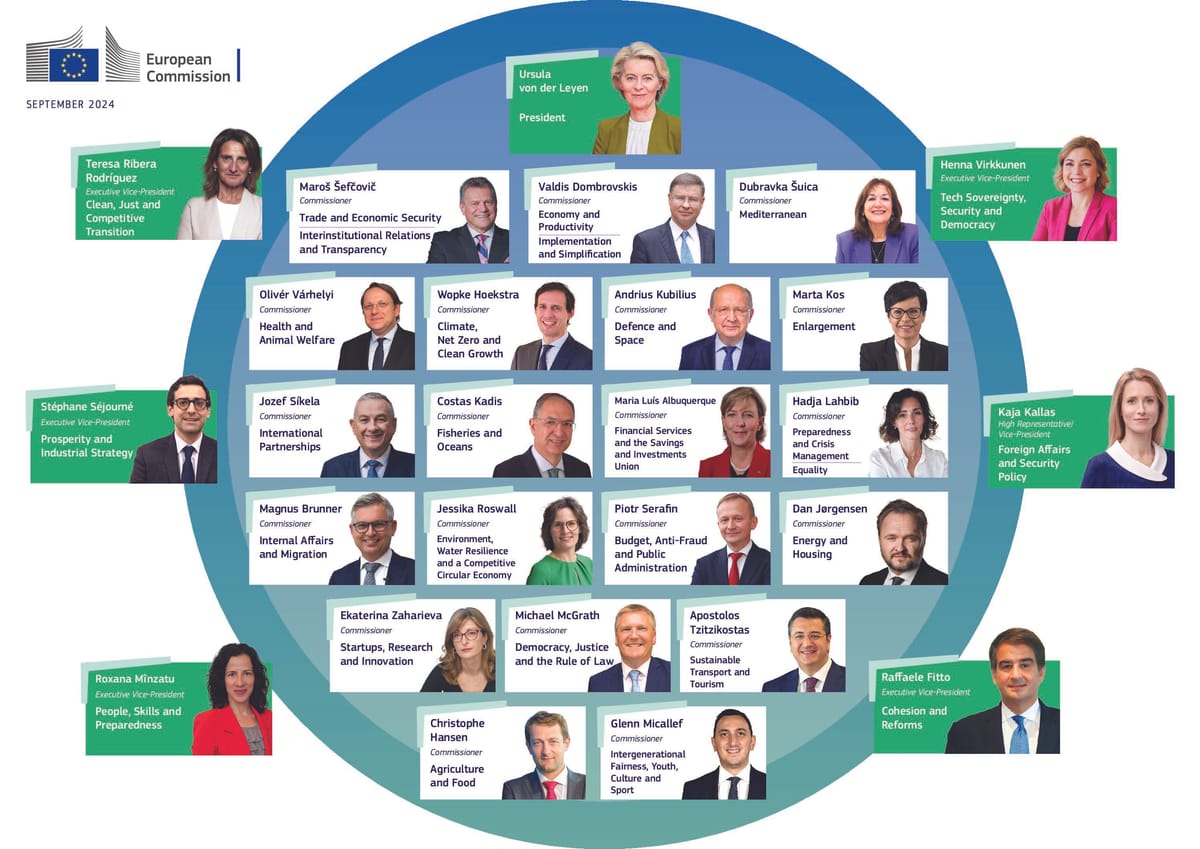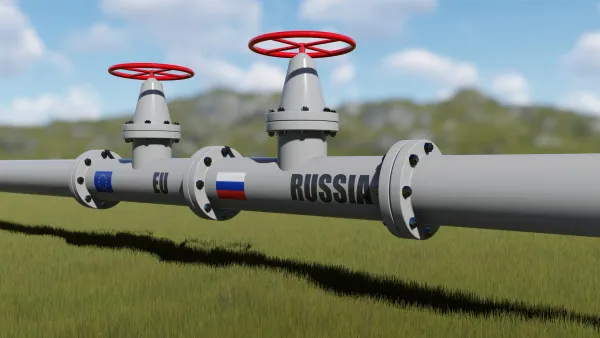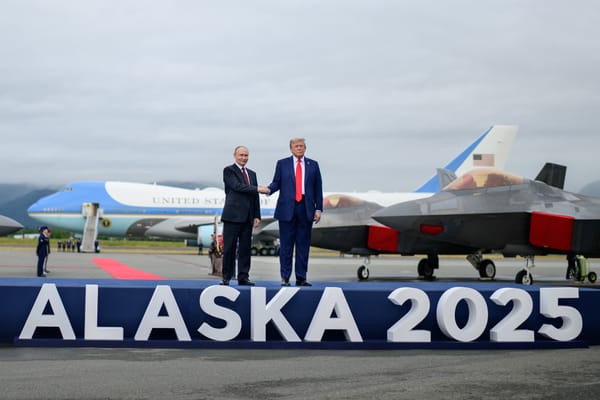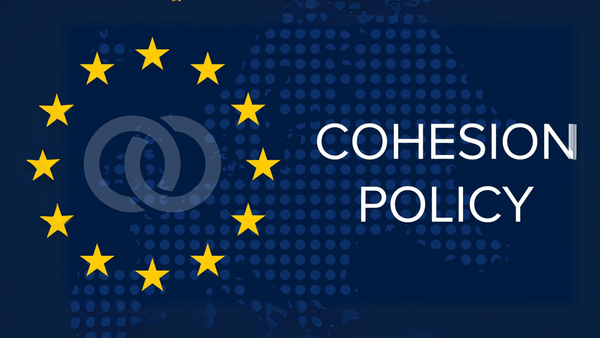
Poland set for key budget role, as EU names commissioner-designates
After months of negotiations with EU member states, European Commission (EC) President Ursula von der Leyen revealed the lineup for her second term’s College of Commissioners on Tuesday 17 September from Strasbourg.
The centre-right European People’s Party (EPP) secured the largest share, with 15 of the 27 commissions, including von der Leyen, with many nominees holding fiscally conservative views.
Assuming the commissioners-designate pass a financial interests check, they will then face questioning by MEPs during hearings in the relevant parliamentary committees. Following these hearings, they must be approved by a plenary vote.
Von der Leyen has also included representatives from Romania (left-wing MEP Roxana Minzatu, Executive Vice-President-designate People, Skills and Preparedness) and Estonia (centre-right former PM Kaja Kallas) to oversee the coordination of portfolios across the EC, replacing the previous system of deputy roles.
Baltics key to defence
Kallas, nominated as the High Representative for Foreign Affairs and Security Policy and Vice-President of the European Commission, is renowned for her firm stance on Russia, and has played a pivotal role in advocating for stronger EU foreign policy and increased support for Ukraine.
Lithuania’s Andrius Kubilius, a former prime minister (2008-12), is the country’s Commissioner-designate for Defence and Space. Kubilius has been an advocate for strengthening EU defence capabilities and transatlantic relations. An MEP since 2019, he is the European Parliament’s de-facto rapporteur on relations with Russia, and has said it is “impossible” to have good relations with the Kremlin and called for the EU to phase out its imports of oil and natural gas from Russia. With him and Kallas in place, the Baltic states look well positioned to lead on foreign and defence matters.
Latvia’s Valdis Dombrovskis, currently serving as Executive Vice-President for an Economy that Works for People and Commissioner for Trade, is hoping to be confirmed as Commissioner for Economy and Productivity; Implementation and Simplification. Prime Minister of Latvia from 2009-14, Dombrovskis has since been influential in steering EU economic policy.
V4: Poland candidate lined up for budget role
Poland’s Piotr Serafin, currently Poland’s ambassador to the EU, has been nominated for the prestigious Commissioner for Budget, Anti-Fraud, and Public Administration. Serafin is known for his extensive experience in EU budgetary and institutional affairs. On news of his prospective assignment, Serafin’s close political ally Polish Prime Minister Donald Tusk tweeted that “A strong portfolio for Polish Commissioner Piotr Serafin: budget, public administration and anti-fraud. Or, to put it simpler: money, staff and what we like best.”
Hungary’s Oliver Varhelyi, currently the Commissioner for Neighbourhood and Enlargement, is hoping to move from that portfolio to become Commissioner for Health and Animal Welfare. During his time as Commissioner, Varhelyi has been criticised for favouring certain EU candidate countries and faced backlash for unilaterally suspending EU aid to Palestine. His new assignment to a less influential health and animal welfare portfolio suggests von der Leyen is sidelining him, particularly after he called MEPs “idiots” during a hearing.
Jozef Sikela, Czech Minister of Industry and Trade since 2021, is hoping to be confirmed as Commissioner for International Partnerships. Sikela has a background in finance and has played a key role in Czechia’s industrial and trade policies, passing legislation aimed at developing renewable energy sources. Sikela chaired ministerial meetings of the Foreign Affairs Council, the Competitiveness Council and the Transport, Telecommunications and Energy Council when Czechia held the rotating Presidency of the Council of the European Union in 2022.
Executive Vice-President of the European Commission for the European Green Deal since 2023, Maros Sefcovic is Slovakia’s Commissioner-designate for Trade and Economic Security; Interinstitutional Relations and Transparency. A key figure in EU energy policy and Brexit negotiations, Sefcovic has been as Vice-President of the European Commission for Interinstitutional Relations since 2019, after also holding the office from 2010-14. He has been an EC member since 2009 and also lost to Zuzana Caputova in the 2019 Slovak presidential election.
Balkans lined up for innovation, Mediterranean, enlargement
Bulgaria’s Ekaterina Zaharieva, a former Minister of Foreign Affairs from 2017-21, if confirmed, will be the next EU Commissioner for Startups, Research, and Innovation. Zaharieva has a strong background in diplomacy and is committed to boosting EU innovation and research initiatives. She was nominated alongside Julian Popov, as Bulgaria was the only country that followed von der Leyen’s request to nominate two candidates.
Croatia’s Dubravka Suica, currently the Vice-President for Democracy and Demography, looks set to become Commissioner for Mediterranean. A politician of the centre-right Croatian Democratic Union, she has been Vice-President of the European Commission and Commissioner for Democracy and Demography since 2019, and was an MEP from 2013-19. Suica has been instrumental in promoting demographic policies within the EU and has a background in regional governance.
Slovenia’s Marta Kos, a former ambassador to Germany and Switzerland, has been nominated to succeed Varhelyi as Commissioner for Enlargement. Kos is known for her diplomatic acumen and strong advocacy for EU integration. She served as ambassador to Germany from 2013-17, and as ambassador to Switzerland from 2017-20.
Austrian nominated for internal affairs, migration portfolio
Austria’s Magnus Brunner, currently serving as Minister of Finance in the government of Karl Nehammer, is set to become Commissioner for Internal Affairs and Migration. Brunner is recognized for his expertise in public finance and his pragmatic approach to migration issues and served as state secretary in the Ministry of Climate Action, Environment, Energy, Mobility, Innovation, and Technology in the government of then Austrian chancellor Sebastian Kurz.
Commissioners-designate are nominated by each EU member state, with von der Leyen assigning their specific roles in her administration. Despite efforts to achieve gender parity, the current composition is 60-40 in favour of males, despite von der Leyen’s strategic offer of more prestigious portfolios for female candidates.
While the EC aims to have the team in place by 1 November, ahead of the US presidential election, delays suggest that von der Leyen’s team may not be operational until the following month. It is not unusual for the European Parliament to reject at least one candidate as a demonstration of its authority. In 2019, MEPs vetoed three nominees, one from each major political grouping.





